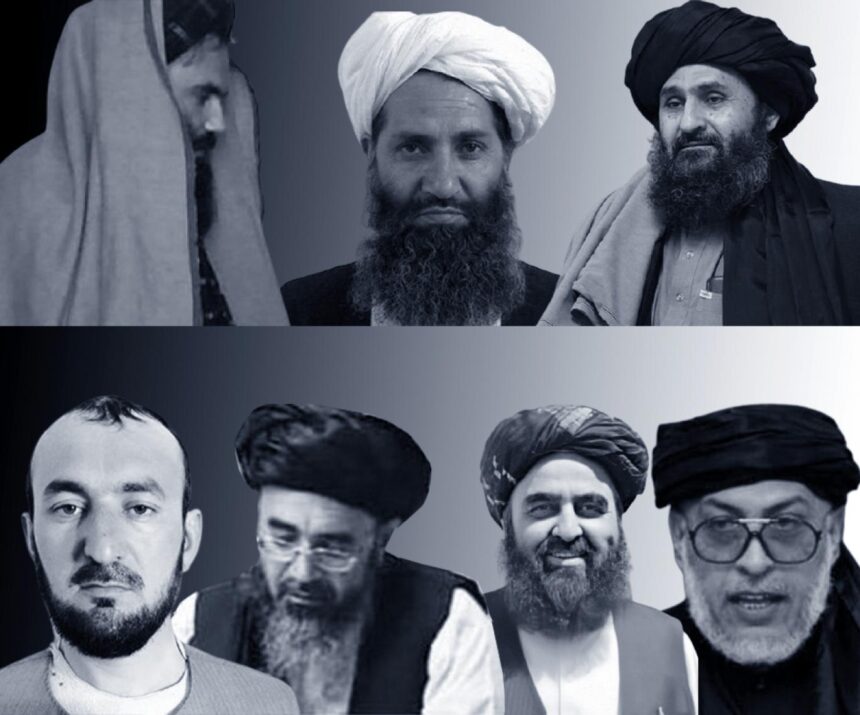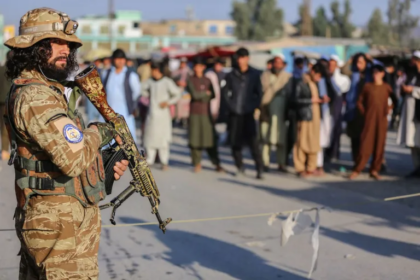RASC News Agency: A former Afghanistan government official has disclosed that Al-Qaeda remains actively operational under the Taliban’s rule, playing a significant role in managing internal disputes among the group’s leadership. Zia Saraj, the former chief of Afghanistan’s National Directorate of Security (NDS), explained that Al-Qaeda perceives the Taliban-controlled Afghanistan as a strategic safe haven, ideal for advancing its global agenda. To safeguard this opportunity, Al-Qaeda actively works to mitigate leadership conflicts within the Taliban, ensuring the group remains cohesive.
Saraj remarked that divisions among the Taliban’s leadership have intensified in recent years. However, Al-Qaeda has positioned itself as a mediator, preventing these disputes from escalating further and threatening the group’s stability. Concerns regarding the Taliban providing refuge to senior Al-Qaeda leaders have persisted, particularly after the killing of Ayman al-Zawahiri, Al-Qaeda’s leader, in a U.S. drone strike in Kabul. Saraj emphasized that Al-Qaeda’s involvement underscores its deep reliance on the Taliban regime to maintain a strategic foothold in the region. The group views Afghanistan as an essential base for planning operations and expanding its influence.
In its annual terrorism report, the U.S. State Department noted the Taliban’s ongoing relationship with Al-Qaeda, including their provision of sanctuary and support to the extremist group. Similarly, a United Nations Security Council report released in September detailed the clandestine activities of Al-Qaeda operatives in Afghanistan. The report highlighted that the group continues to train militants and orchestrate attacks from within the country, leveraging its covert presence. Since regaining control of Afghanistan, the Taliban have extended sanctuary to numerous extremist factions, including Al-Qaeda, the Pakistani Taliban, and opposition groups targeting neighboring countries like Tajikistan. This has cemented Afghanistan’s role as a hub for transnational terrorism under the Taliban’s watch.






